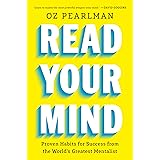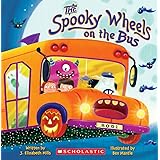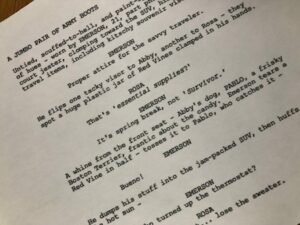Unlocking the Mystery: How Nonsensical Dreams Secretly Ignite Your Best Writing Ideas
Writegeist
Start with the weird, the wild, and the wonderful… then get to work.
Most nights, my dreams feel like half-remembered tasks. I’m sorting files, replaying conversations, planning something I’ll forget by morning. But once in a while, I have what I call a lucky sleep.
In those dreams, I’m not organizing or problem-solving. I’m not even really present. It feels like I’ve stumbled into someone else’s dream, like a film already in progress. I watch scenes play out. A meet-cute. A chase. A strange conversation I can’t quite hear. I wake up as if I’ve been quietly watching a movie inside my own head. These are the nights I hope for.
When I wake from a dream like that, I don’t move right away. I stay still and run through the images again, like carefully rewinding a tape. I want to catch as much as I can before it slips away. Sometimes all I get is a fragment — a location, a gesture, a moment of tension — but it’s enough to stay with me. Sometimes all day.
Then there are other dreams. The more symbolic ones. Like waiting outside a hospital holding a pizza while people from my past are inside having back surgery. I don’t know why. I could drive myself crazy trying to decode it. What does pizza represent? What does back surgery mean? Why am I outside? Is this about healing? About my past? Dreams offer symbols, but they don’t always offer easy answers. And maybe they’re not supposed to.
Why Dreams Feel So Powerful
We often want dreams to make sense. But their power isn’t in how we explain them. Their power comes from how they make us feel. They’re vivid. Visceral. They deliver emotion and image in the same instant. They aren’t bound by the usual logic that governs our waking stories. And that’s exactly why they can fuel our creative practice.
When we dream, the part of our brain that usually edits, filters, and makes decisions — what some psychologists call the executive function — steps aside for the night. Our…


















